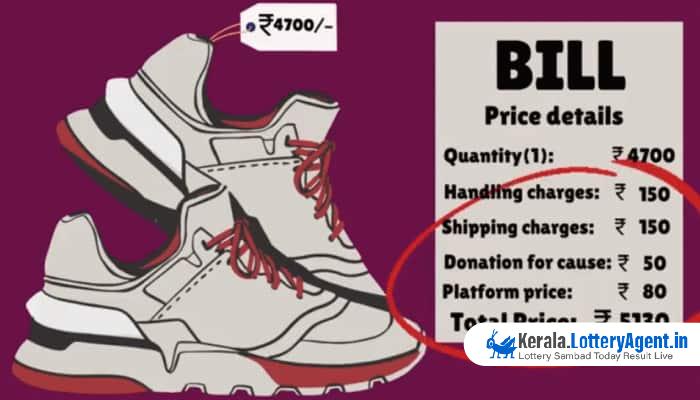
In what may serve as a critical consumer awareness initiative, the Department of Consumer Affairs based in New Delhi has brought to the spotlight a deceptive pricing strategy known as “Drip pricing.” This suspect technique can catch unsuspecting consumers off-guard with unforeseen additional charges at the time of payment. Addressing consumer protections, the Department has made a call to action via social media, stating, “Alert: Drip pricing can surprise you with hidden charges. If you come across such situations, reach out to NCH 1915 for assistance or WhatsApp 8800001915.”
The deceptive nature of Drip pricing lies in the initial allure of part-pricing of a product or service as shown in advertisements, with the full cost only being disclosed at the point of final billing. This can result in a troubling experience for consumers who perceive that they are about to pay a lower price, only to find hidden charges added to their bill that were not initially transparent.
Building upon a proactive move, it may be recalled that in September of the previous year the Ministry of Consumer Affairs, Food & Public Distribution actively sought feedback from the public on a comprehensive set of Draft Guidelines intended for the Prevention and Regulation of Dark Patterns.
The Draft Guidelines marked out 10 specific behaviors identified as Dark Patterns, which include:
1. False Urgency: Creating a misleading impression of scarcity or urgency to coerce users into immediate purchases or actions potentially leading to purchases.
2. Basket Sneaking: Adding unsolicited items like products, financial contributions to charities, or other services during the checkout process on a platform, thereby increasing the final amount the consumer has to pay beyond the initial choice of goods or services.
3. Confirm Shaming: Using language, audio-visual content, to induce emotions such as guilt, shame or fear, to manipulate customers into making purchases or continuing subscriptions they may not have otherwise intended to.
4. Forced Action: Mandating that consumers take specific steps, like signing up for unrelated services or purchasing additional goods, to attain the products or services originally desired.
5. Subscription Traps: Implementing obstacles that make canceling paid subscriptions a significantly complex or lengthy process.
6. Interface Interference: Designing interfaces that selectively highlight or conceal information, misleading users away from their intended actions.
7. Bait and Switch: Promising one outcome based on user action but deliberately delivering a different and often undesirable outcome.
8. Drip Pricing: Gradually revealing price components not initially disclosed or incorporating them in a not-so-obvious manner within the customer’s journey.
9. Disguised Advertisements: Disguising ads as other forms of content such as user-generated material or news articles, or disseminating deceiving advertisements.
10. Nagging: Bombarding users with an excess of interruptions, requests, options, or information that are extraneous to the intended purchase of goods or services, leading to disrupted transactions.
The Department of Consumer Affairs has made it a priority to shed light on these questionable practices, emphasizing Drip pricing as a widespread concern. Transparency is deemed crucial in consumer transactions, and the Department urges customers who encounter such misleading pricing practices to report their experiences promptly using the aforementioned helpline and WhatsApp number.
Initiatives like these serve as a reminder of the ongoing efforts by government entities to ensure fair market practices and promote consumer rights awareness. Shining a light on Dark Patterns, particularly those as cunning as Drip pricing, aims to foster an environment where customers can make informed decisions and not fall prey to underhanded sales tactics that can taint the online marketplace and erode trust in digital commerce. This advocacy for consumer rights highlights the imperative nature of vigilance, both from consumers and regulatory bodies, to uphold the integrity of trade and protect the interests of the public from such obscured cost imposition.













